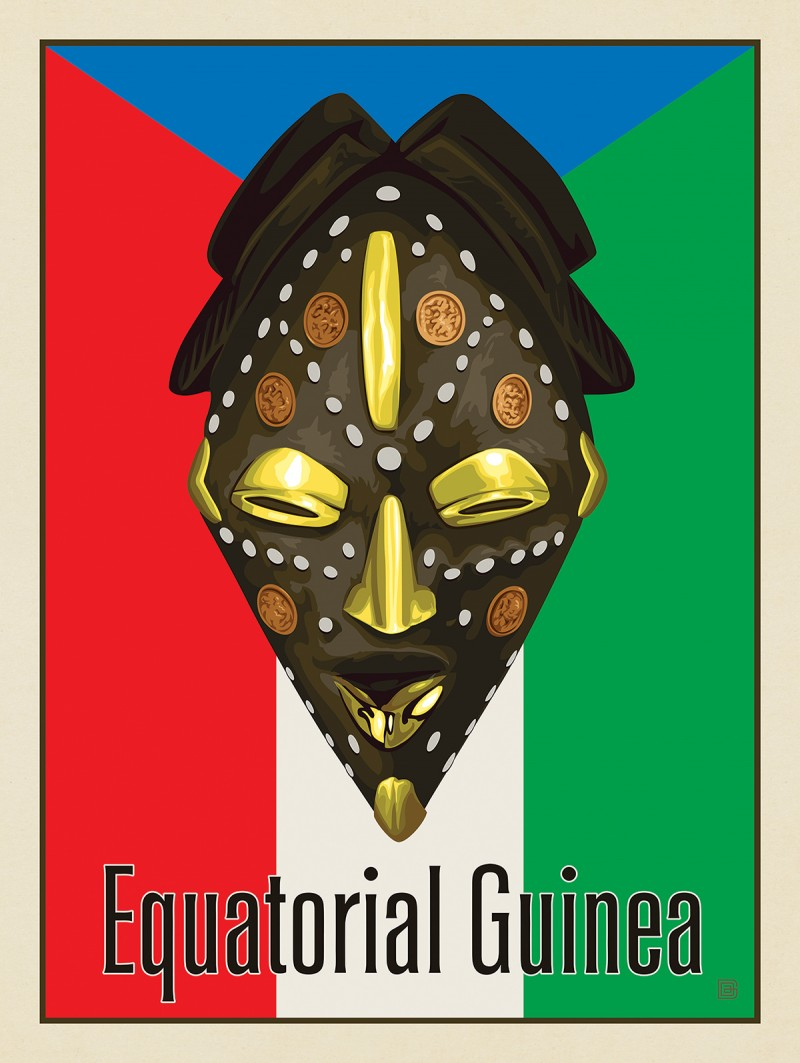Literature
Due to the influence of Spanish culture and art, a large number of authors from Equatorial Guinea write in Spanish. In terms of history, the literary tradition in this African nation has evolved over the years and is usually broken down into three distinct categories; the Elder Generation (1900–1968), the Exiled Generation (1968–1985), and the Contemporary Generation (post 1985).
The writings of authors from the Elder Generation mainly used their art to write about the realities of Spanish colonial rule on the people of Equatorial Guinea, while many writers from the Exiled Generation were forcefully removed from their home country during the early years of political independence and the upheavals that followed. Contemporary authors are renowned for using their form of artistic expression as a way in which to explore a variety of social, cultural, and political aspects of the realities of life in modern Equatorial Guinea. Notable writers from Equatorial Guinea include Mara Nsué Angüe (1945–2017), Juan Tomás vila Laurel (born in 1966), Justo Bolekia Boleká (born 1954), and Leoncio Evita Enoy (1929–1996).








